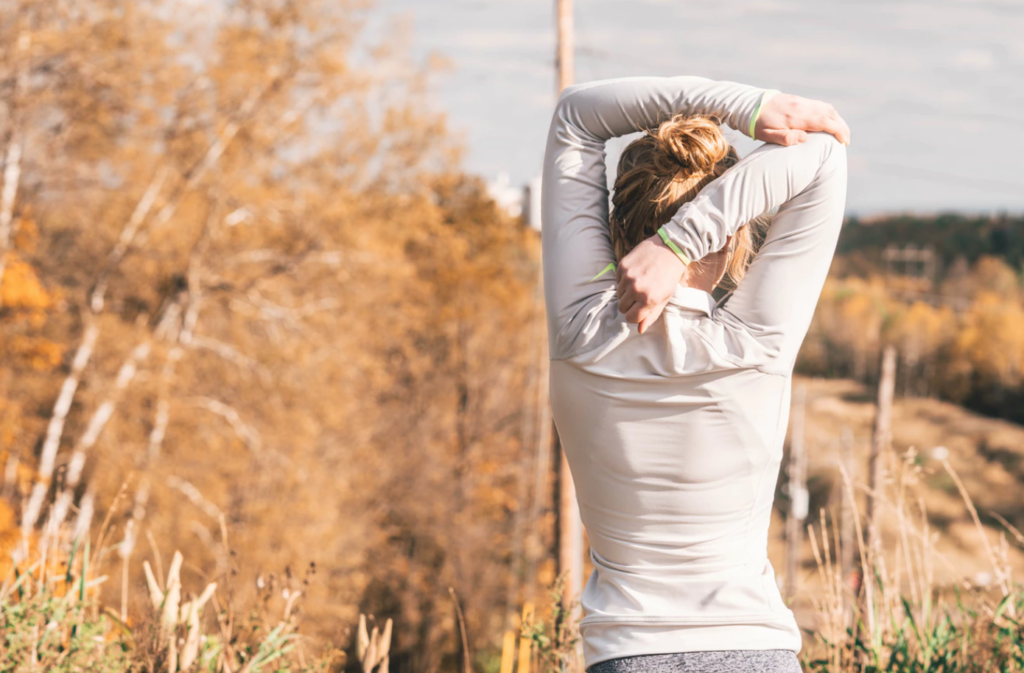When you think about mental health, many people automatically think about mental illnesses such as OCD, PTSD, panic disorder, or even addiction. These are certainly related to your mental wellbeing, but mental health encompasses so much more. According to the World Health Organization (WHO), mental health is a positive state of wellbeing in which everyone “realizes his or her own potential, can cope with the normal stresses of life, can work productively and fruitfully, and is able to make a contribution to her or his community.” Poor mental health can be a silent killer. It takes over people’s hearts, homes, and lives and doesn’t discriminate based on age, race, or income. Getting your mental health in check can be a long, hard road but one that can be made exponentially easier through self-care. One major aspect of this is exercise, which has been proven an effective complementary therapy for boosting mental health and wellbeing.
What Exercise Does
Exercise has a number of benefits for the mind and body. Regular exercise, especially moderate to intense cardiovascular activity, triggers the release of endorphins in the brain. Endorphins are a hormone that swoop in and tell the brain that it’s happy. Drugs, specifically opioids, have a similar effect, which is why exercise is also helpful in addiction therapy. But there’s more going on behind the scenes. CNN reports that additional neurotransmitters, such as norepinephrine and serotonin, are also released during exercise. This powerful chemical cocktail works to thwart depression, reduce pain, and improve mood overall.
In addition to simply making you feel good, regular exercise, according to the American Heart Association, can improve your self-image, give you sustainable energy, and even help you quit smoking.
Which workout is the right workout?
So how do you know which workout is the best for you? That’s simple, try them all. You will never truly know which exercise routine is sustainable and enjoyable until you give them a shot. And there are about as many different types of exercise as there are people. They can, however, largely be sorted into two categories: weight training and cardiovascular workouts. Weight training may include dumbbells and barbells, resistance bands, or circuit training. These are often regimented and may be good options for those of you who don’t like to socialize at the gym.
Cardiovascular activities, such as dancing, walking, and running are often group-oriented and provide the additional benefit of socialization. You’ll have an opportunity to meet like-minded individuals, who are also on their own health and wellness journey. Establishing a new network of positive influences will also help your mental health. Not only will these people offer you friendship and a listening ear, but also they’ll be there for support when you’re feeling weak. You can read more about emerging trends in group fitness in this Harper’s Bazaar post, which also discusses exercise in relation to mental health.
If you’re not sure about your fitness level or don’t have a great deal of time or equipment on your hands, Plexus recommends walking. It’s easy to fit into your day and is a great entry-level exercise accessible from anywhere and in smaller time commitments throughout the day.
Taking control
Exercise alone isn’t enough to get your mental health back on track and stave off feelings of anxiety or depression. If you want to create a healthy lifestyle that’s free from negative energy, you must address the most common causes of stress, anxiety, and mental health issues. Psychology Today explains that loneliness, diet, physical health, relationships, lack of sleep, and inability to manage stress all play a part in your mental health. It is up to you to identify the areas of your life you can change to bolster your recovery.
The road to feeling better is long and winding and the first few metaphorical miles are the hardest. Exercise, socialization, and taking control of your mental health will help you avoid the worst obstacles and pave a path of success you can follow for the rest of your life.






Leave a reply